Explore a comprehensive guide to 31 inpatient, 18 outpatient, and 18 detox centers across West Virginia. Compare costs, reviews, and treatment options to find the perfect rehab facility for your needs.

 | Adult & Teen Challenge Appalachian RegionAdult & Teen Challenge began in 1958 when David Wilkerson, author of The Cross and the Switch Blade, went into New York City to reach teenage gang members with a message of hope, founded on God’s love. Since then Adult & Teen Challenge has grown to be one of the largest and most successful ministries to hurting lives in America. Today, there are over 500 Centers in the United States and internationally.The Appalachian Regional Training Center was founded in 1982. Our male training center in Princeton, WV, female training center in Clarksburg, WV, and our adolescent girls program in Fincastle, VA, provide the best Christian discipleship training programs available for teens and adults experiencing life controlling problems. By following a vigorous, regimented schedule in a well structured Christian environment, students at the training centers learn how to overcome the root problems which have affected their ability to function normally in society. 1651 Unity Road Princeton, WV 24739 | |||
Alcohol and Substance Abuse TreatmentIf you’re struggling with alcohol or substance abuse, you’re not alone. Alcohol and Substance Abuse Treatment can help you overcome your addiction and get your life back on track. We offer a variety of services to meet your needs, including dual diagnosis, young adult rehab, adult program, LGBTQ friendly rehab, outpatient rehab, cognitive behavioral therapy, dialectical behavior therapy, family therapy, group therapy, individual therapy, and trauma therapy. We’re here to help you every step of the way, so please don’t hesitate to reach out to us. We’re here to help you heal and recover, and we’ll do everything we can to support you on your journey. 1314 Edwin Miller Boulevard, Martinsburg, WV Suite 103 | Levels of Care:outpatient | |||
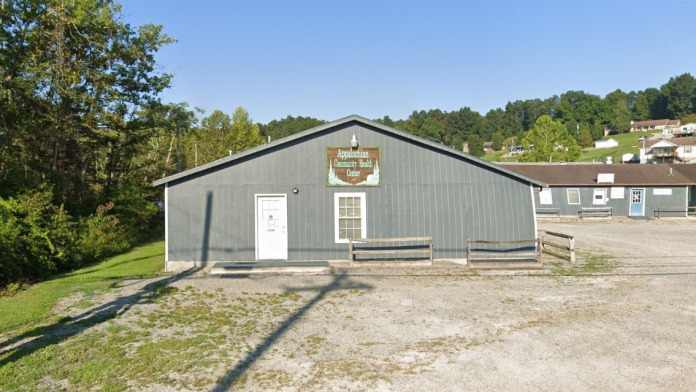 | Appalachian Community Health Center: Belington, WVAppalachian Community Health Center, located in Belington, WV, offers a wide range of behavioral health services, including mental health counseling, substance use treatment, and community support programs. Our dedicated team is committed to providing compassionate care tailored to the specific needs of individuals and families in our community. We strive to promote wellness and recovery through accessible and effective health services. 1410 Crim Ave, Belington, WV 26250 | Levels of Care:outpatient Payment Options:Medicaid Private insurance Self-Pay Options Financial Aid Medicare Military Insurance | ||
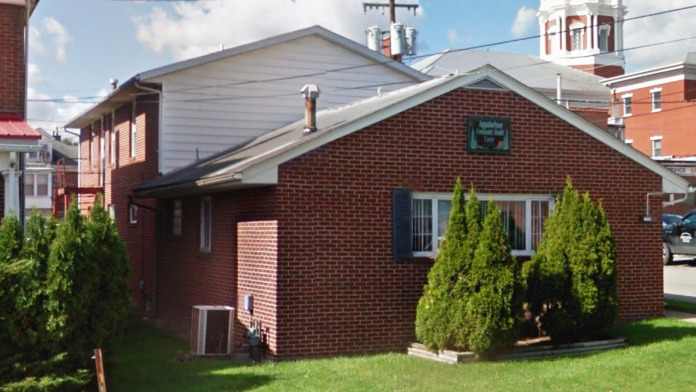 | Appalachian Community Health Center: Buckhannon, WVAppalachian Community Health Center in Buckhannon, West Virginia, offers a wide range of mental health and wellness services designed to support individuals in achieving optimal health. With a focus on personalized care, the center provides services such as counseling, therapy, substance abuse treatment, and community support programs. The experienced team at Appalachian Community Health Center is committed to fostering a supportive environment that promotes healing and recovery. Whether you are seeking help for mental health issues or substance use disorders, the center is here to assist you on your journey to wellness. 27 S Kanawha St, Buckhannon, WV 26201 | Levels of Care:outpatient Payment Options:Medicaid Private insurance Self-Pay Options Financial Aid Medicare Military Insurance | ||
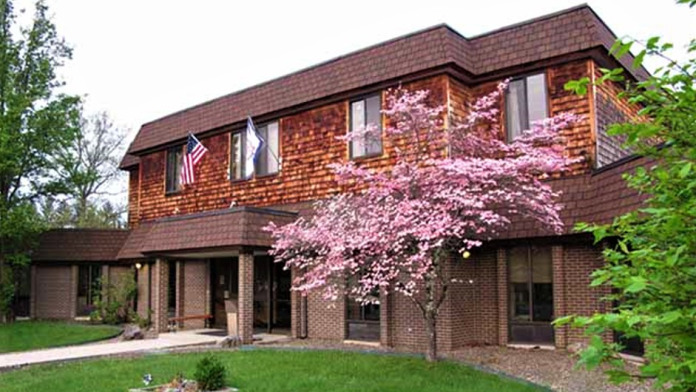 | Appalachian Community Health Center: Elkins, WVAppalachian Community Health Center in Elkins, West Virginia, is committed to providing a wide array of health services to enhance the well-being of the community. The center offers programs that include mental health services, substance use treatment, primary healthcare, and preventive wellness initiatives. With a focus on holistic care and community engagement, Appalachian Community Health Center empowers clients to achieve and maintain optimal health. Whether you are seeking support for mental health challenges or general health needs, the center is dedicated to fostering a welcoming and supportive environment for all. 725 Yokum St, Elkins, WV 26241 | Levels of Care:Inpatientoutpatient Payment Options:Private Insurance Self-Pay Options Financial Aid Medicare Medicaid Military Insurance | ||
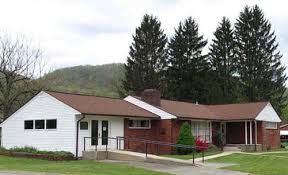 | Appalachian Community Health Center: Parsons, WVAppalachian Community Health Center in Parsons, West Virginia, is dedicated to delivering comprehensive health services to individuals and families in the local community. The center offers a broad range of programs, including mental health services, substance use treatment, primary care, and wellness initiatives. Focused on holistic care and community support, Appalachian Community Health Center empowers clients to achieve optimal health and well-being. Whether you are seeking help for mental health challenges or general health needs, the center is committed to creating a welcoming and supportive environment for all. 601 Walnut St, Parsons, WV 26287 | Levels of Care:outpatient Payment Options:Medicare Medicaid Military insurance Private health insurance Cash or self-payment | ||
Appalachian Health ServicesAppalachian Health Services | Payment Options:Monthly: $350Self-pay options | |||
Appalachian Health ServicesAppalachian Health Services | Payment Options:Self-pay options | |||
Appalachian Health ServicesAppalachian Health Services | Payment Options:Private insurance | |||
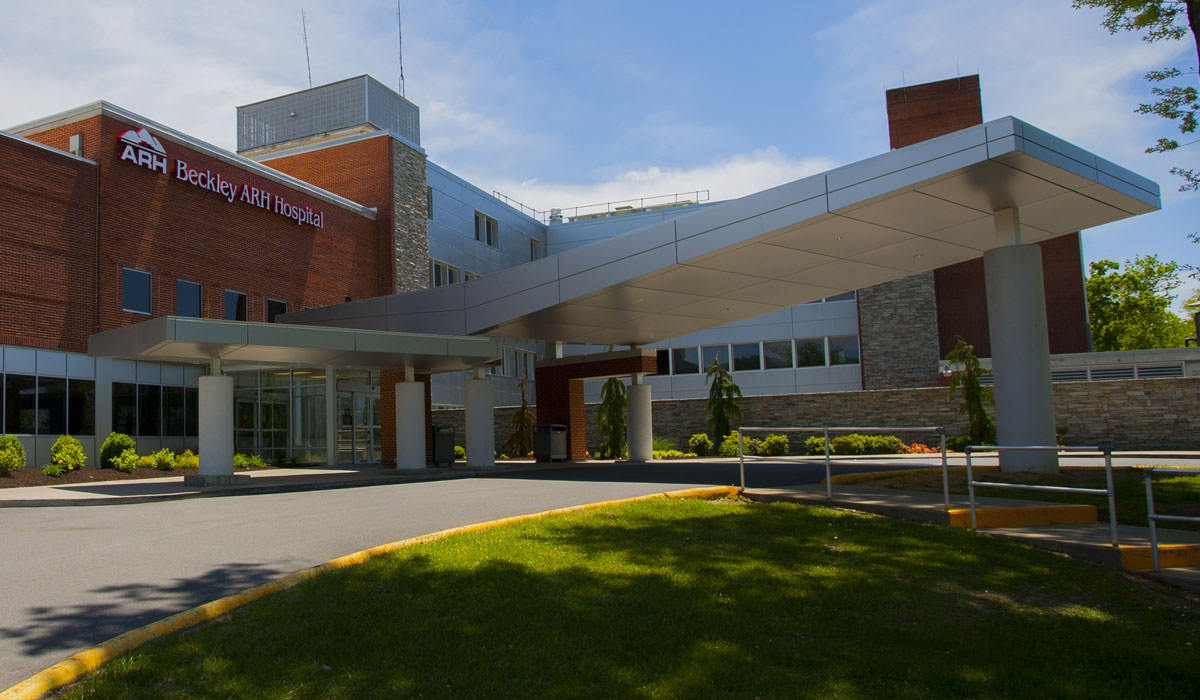 | Appalachian Regional HealthcareAppalachian Regional Healthcare, located in Beckley, WV, provides a wide range of healthcare services, including addiction treatment and mental health support. Our dedicated team offers evidence-based therapies and comprehensive care tailored to meet the unique needs of individuals facing substance use disorders. Committed to promoting overall wellness, we aim to provide a supportive environment for recovery and healing. 306 Stanaford Rd, Beckley, WV 25801 | Levels of Care:DetoxInpatient Payment Options:Medicaid Private insurance Self-Pay Options Financial Aid Medicare Military Insurance | ||
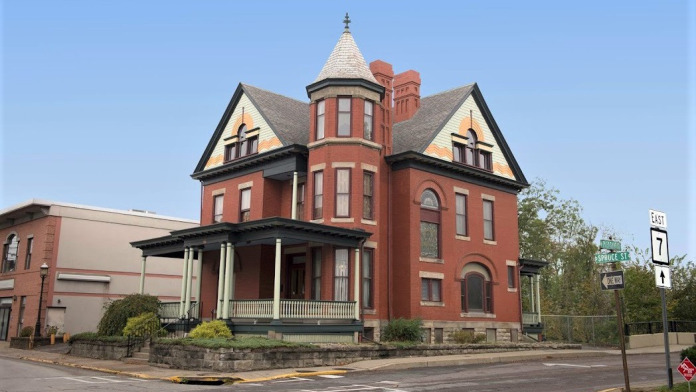 | Ascension Recovery ServicesAscension Recovery Services, located in Morgantown, WV, offers a full spectrum of addiction treatment solutions tailored to meet the needs of individuals struggling with substance use disorders. Our services include outpatient therapy, medication-assisted treatment, and individualized recovery plans. We are committed to providing compassionate care and support, helping individuals achieve lasting recovery and a renewed sense of purpose. 206 Spruce St, Morgantown, WV 26505 | Levels of Care:DetoxInpatientoutpatient Payment Options:Private Insurance Self-Pay Options Sliding Scale Medicare | ||
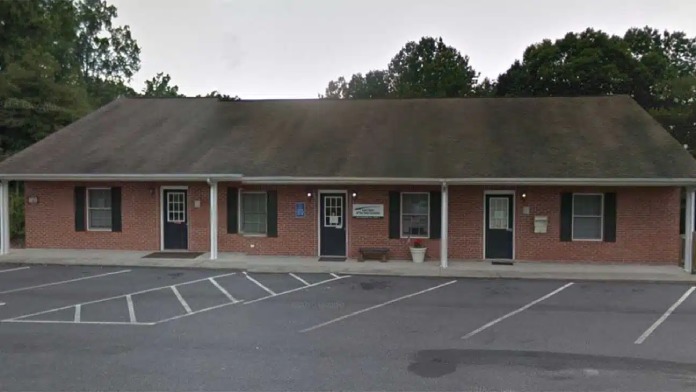 | Beckley Comprehensive Treatment CenterBeckley Comprehensive Treatment Center, located in Beaver, WV, provides comprehensive treatment for individuals struggling with opioid use disorder. Our facility offers a range of services, including medication-assisted treatment (MAT), individual counseling, and group therapy. Our dedicated team is committed to supporting patients on their journey to recovery in a safe and compassionate environment. 175 Philpot Ln, Beaver, WV 25813 | Levels of Care:DetoxInpatientoutpatient Payment Options:Private insurance Self-Pay Options Financial Aid Medicare Medicaid Military Insurance | ||
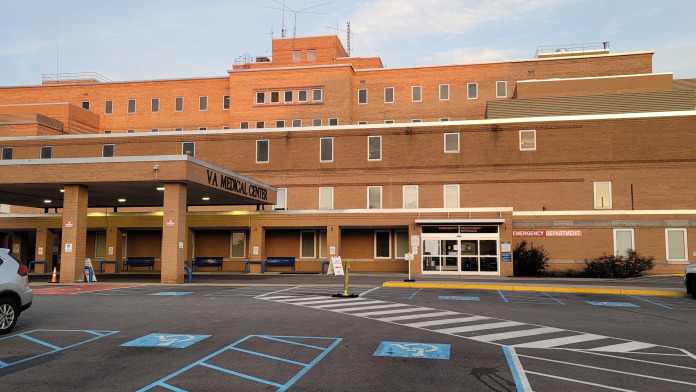 | Beckley VA Medical CenterBeckley VA Medical Center, located in Beckley, WV, provides comprehensive healthcare services to veterans, including primary care, mental health support, and specialized programs for substance use disorders. Our dedicated staff is committed to improving the health and well-being of our veterans through personalized care and innovative treatment options in a supportive environment. 200 Veterans Ave, Beckley, WV 25801 | Levels of Care:Inpatientoutpatient Payment Options:Private Insurance Self-Pay Options Financial Aid Military Insurance | ||
Beckley VA Medical Center - Princeton ClinicBeckley VA Medical Center - Princeton Clinic | Payment Options:Self-pay options | |||
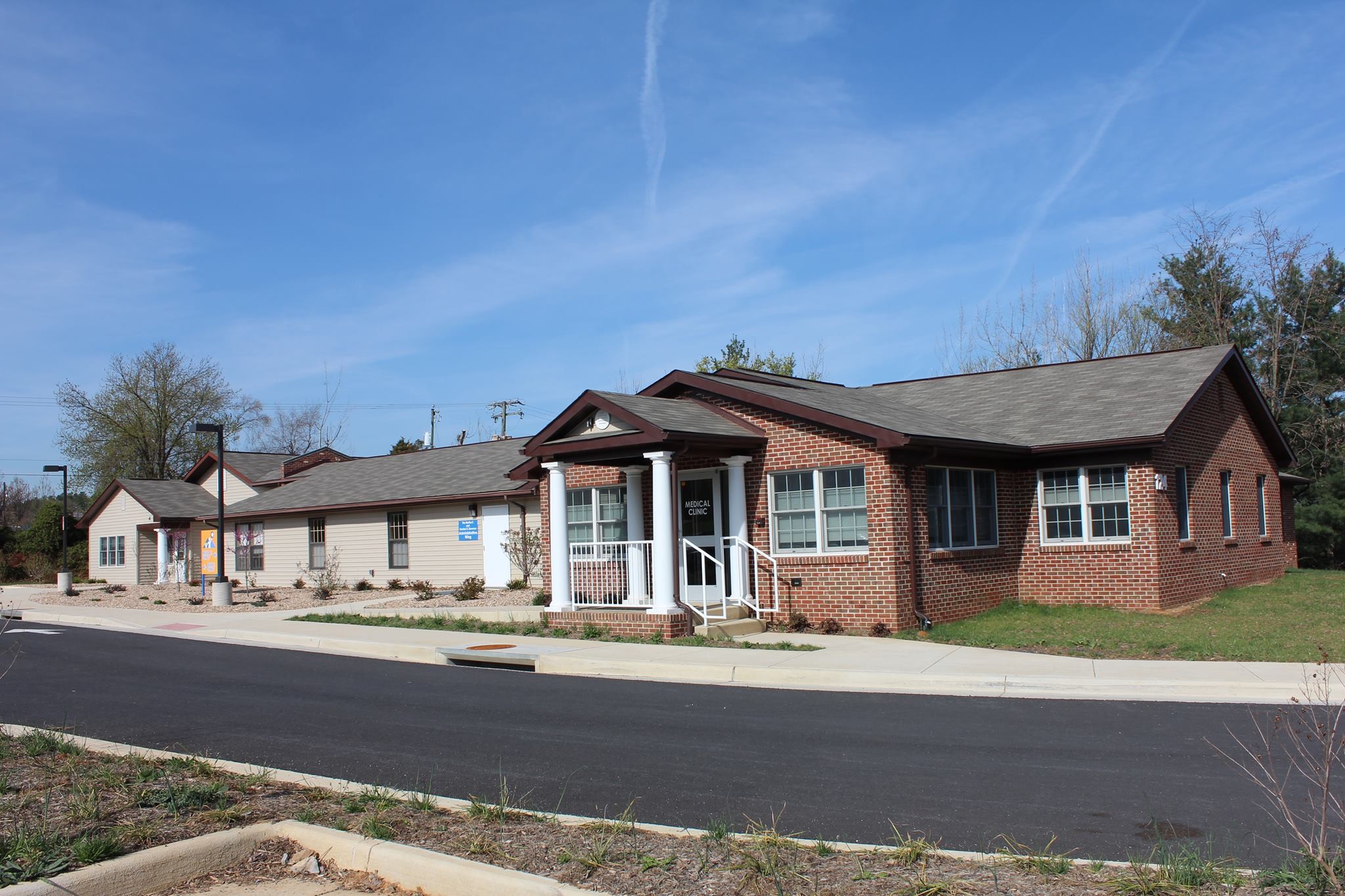 | Behavioral Health Services-Shenandoah Community HealthShenandoah Community Health in Charles Town, West Virginia, is dedicated to providing comprehensive healthcare services to residents of the community. The center offers a variety of services, including primary care, behavioral health, dental care, and substance use treatment, all designed to meet the diverse needs of individuals and families. With a focus on patient-centered care, Shenandoah Community Health aims to improve the overall health and well-being of its clients by offering accessible and affordable healthcare solutions. Whether you are seeking routine medical care or specialized services, the dedicated team at Shenandoah Community Health is committed to supporting you on your journey to better health. 44 Trifecta Place, Suite 205, Charles Town, WV 25414 | Levels of Care:outpatient Payment Options:Private Insurance Self-Pay Options Financial Aid Sliding Scale Medicare Medicaid Military Insurance | ||
Brian's SafehouseBrian's Safehouse | Payment Options:Self-pay options | |||
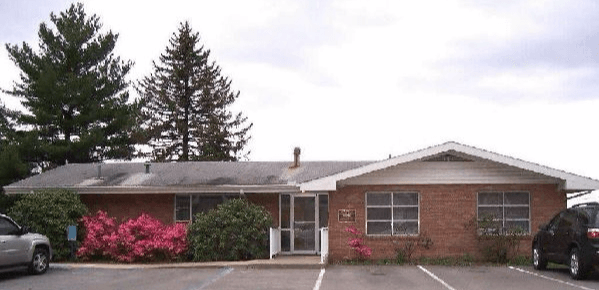 | Burlington United MethodistBurlington United Methodist, located in Beckley, West Virginia is a private alcohol and drug rehab that offers treatment for a variety of substance abuse addictions including co-occurring mental health disorders. They offer supervised medical treatment to safely manage withdrawal symptoms during detoxification, as well as residential care providing long term support for addiction recovery. Additional levels of care offered include intervention services. 4700 Robert C Byrd Dr, Beckley, WV 25801 | Levels of Care:Inpatient Payment Options:Private Insurance Financial Aid Sliding Scale Medicaid | ||
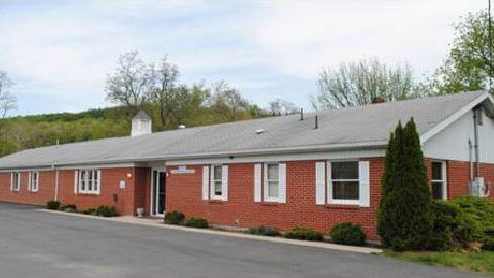 | Burlington United Methodist Family ServicesBurlington United Methodist Family Services in Burlington, West Virginia, offers a range of supportive services aimed at enhancing the well-being of families and individuals. With a focus on mental health, substance abuse recovery, and family counseling, the center provides personalized programs designed to meet the unique needs of each client. The dedicated team at Burlington United Methodist Family Services works to create a nurturing environment that promotes healing, growth, and stability. Whether you are seeking assistance for yourself or a loved one, this center is here to help you navigate challenges and build a brighter future. 120 Hope Ln, Burlington, WV 26710 | Levels of Care:Inpatient Payment Options:Medicaid | ||
Camden Clark Medical CenterCamden Clark Medical Center | Payment Options:Medicaid | |||
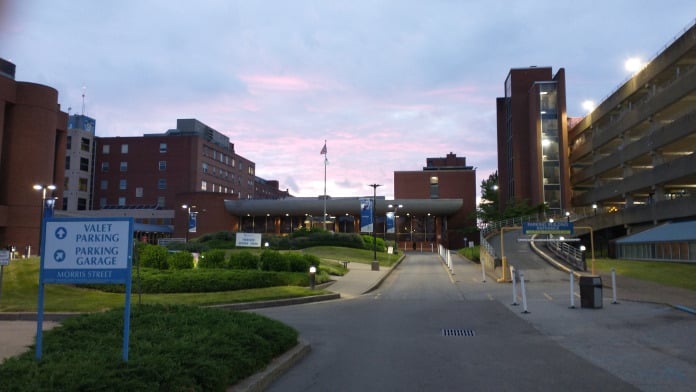 | Charleston Area Medical Center - General HospitalCharleston Area Medical Center – General Hospital, located in Charleston, West Virginia is a private alcohol and drug rehab that offers treatment for a variety of substance abuse addictions including co-occurring mental health disorders. They offer residential care providing long term support for addiction recovery. Specialty rehab programs at Charleston Area Medical Center – General Hospital include age-sensitive addiction treatment considering health and life-stage issues of older adults and accessible addiction treatment using sign language and adapted communication methods. 501 Morris St, Charleston, WV 25301 | Levels of Care:Inpatient Payment Options:Medicaid Private insurance Self-Pay Options Financial Aid Medicare |
Find West Virginia drug rehabs in cities near you or sort by letter.
For anyone seeking help for addiction for themselves or a loved one calls to Addiction Helpline America are completely confidential and available 24/7.
Please note: any treatment center listed on our site that receives calls is a paid advertiser.
Calls to a specific treatment center’s listing will be connected directly to that center.
Calls to our general helpline will be answered by treatment providers, all of whom are paid advertisers.
By calling the helpline, you agree to our terms and conditions. These calls are free of charge and carry no obligation to enter treatment. Neither Sober Steps nor anyone answering your call receives a commission or fee based on your choice of treatment provider.
If you’d like to explore additional treatment options or connect with a specific rehab center, you can browse our top-rated listings, visit our homepage, or call us at (844) 561-0606. You may also contact us for further assistance.
Calls to any general helpline will be answered or returned by one of the treatment providers listed, each of which is a paid advertiser:
Our helpline is available 24 hours a day, 7 days a week at no cost to you and with no obligation for you to enter into treatment. We are committed to providing support and guidance whenever you need it.
In some cases, Addiction Helpline America charges our verified partner a modest cost per call. This fee helps us cover the costs of building and maintaining our website, ensuring that we can continue to offer this valuable service to those in need.